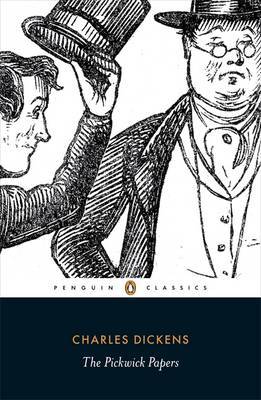
Hey, you. Are you debating whether to destroy something with your bare hands or curl up on the couch for a decade or two?
This book will solve all of your problems. (Sheesh, that’s aiming a bit high.)
This book is a cup of hot coffee, a ginormous bar of chocolate, or the magical fairy that comes over and does your dishes while you lie in the fetal position clutching a fluffy pillow.
Sometimes when life falls apart the only acceptable response is hysterical laughter. When things get so far gone, so spectacularly a world away from any plans you made or dreams you dreamed, you feel it bubbling up inside of you and you scream, “It’s not fair!” And it isn’t. Fair is an illusion, and life is weird.
This book will help you laugh at life’s absurd backhands. This book is an empathetic groan of our collective unfairnesses. You might want to throw it across the room, and you might want to hug it like your new best friend. This book is about us sitting down together in our shared mess, taking a deep breath, gripping hands, looking the hard stuff in its beady little eyeballs, and bahahahaaing at it.
Life’s not fair, but we can learn to love this life we didn’t choose.
Genre: self help, non fiction, personal development.
MY THOUGHTS:
I love the way this girl decides to remain stubbornly cheerful.
This is the book to read when the title is the cry of our hearts. Our lives have veered way off the track we dreamed for them, and we can't help wondering why. Life rarely looks exactly as we imagine it will. After all, the proverbial curve ball is proverbial. But this book is all about learning to love your life anyway.
The author introduces her book as the paper form of a good friend. It's not a self-help book in the 'here's what you do' type of sense, since she's not a medical practitioner, counselor or theologian, but someone just like the rest of us who has had her share of 'not fair' moments and developed attitudes to cope and help. I've heard several times over the years that it's almost impossible to have a non-fiction self-book published unless you're a qualified expert in your field. I enjoy coming across books which prove this doesn't always have to be the case.
Dale talks about the unintentionally hurtful people she calls 'well-meanies'. Christian friends may be in a category of their own here, since they may spout their own special platitudes at the wrong time, such as 'God's timing is perfect' or 'He doesn't give you more than you can handle' or 'do you have any unconfessed sin?' She mentions the intense extra pressure Christians may have to respond in a cheerful and upbeat manner when others, particularly those have been praying for us, ask, 'how's it going now?'
There's a valuable chapter listing 100 ways we can help a hurting friend, several of them practical and simple. It's a good resource for people like me, who often feel tongue-tied and awkward, yet don't want to hang back altogether.
I noticed Melanie Dale has a couple of weapons in her arsenal which help her hang in there the most, and they are a sense of humour and a love of stories.
Rather than trying to make sense of undesirable happenings with logic, and searching for reasons and connections we can get our heads around, a bit of levity is often more effective. It can even work as a dose of medicine to help neutralise pain. Although our claims that, 'It's not fair' may work with people sometimes, using it on those divine, celestial, hidden things gets us nowhere. Mining life for the funny moments, actively seeking for things to be grateful for, and giving thanks as an act of defiance may get us far. (Some of hers include chocolate bars and Marvel studios. Sounds fine to me. She also reminds us of a bit of Harry Potter lore, and that we are, in effect, using the Ridikulus charm against the Boggarts that may pop up against us.)
She makes many references to books and films from popular culture, which are always a perfect fit for the situations she talks about. Late in the book, when she mentions her deep love of a good story, this comes across as no surprise. I've long felt how therapeutic stories can be, as well as merely entertaining. Altogether, although this is different to some other self-help books written by experts in their field, I found it equally powerful in its own way, maybe because of its emphasis on making our own heads fun places to live. Dale didn't use those exact words, but it concurs with what I've been thinking about recently.
4.5 stars






















